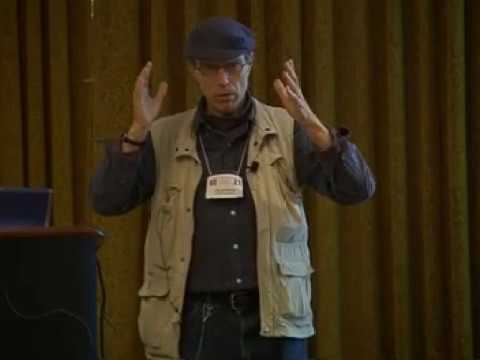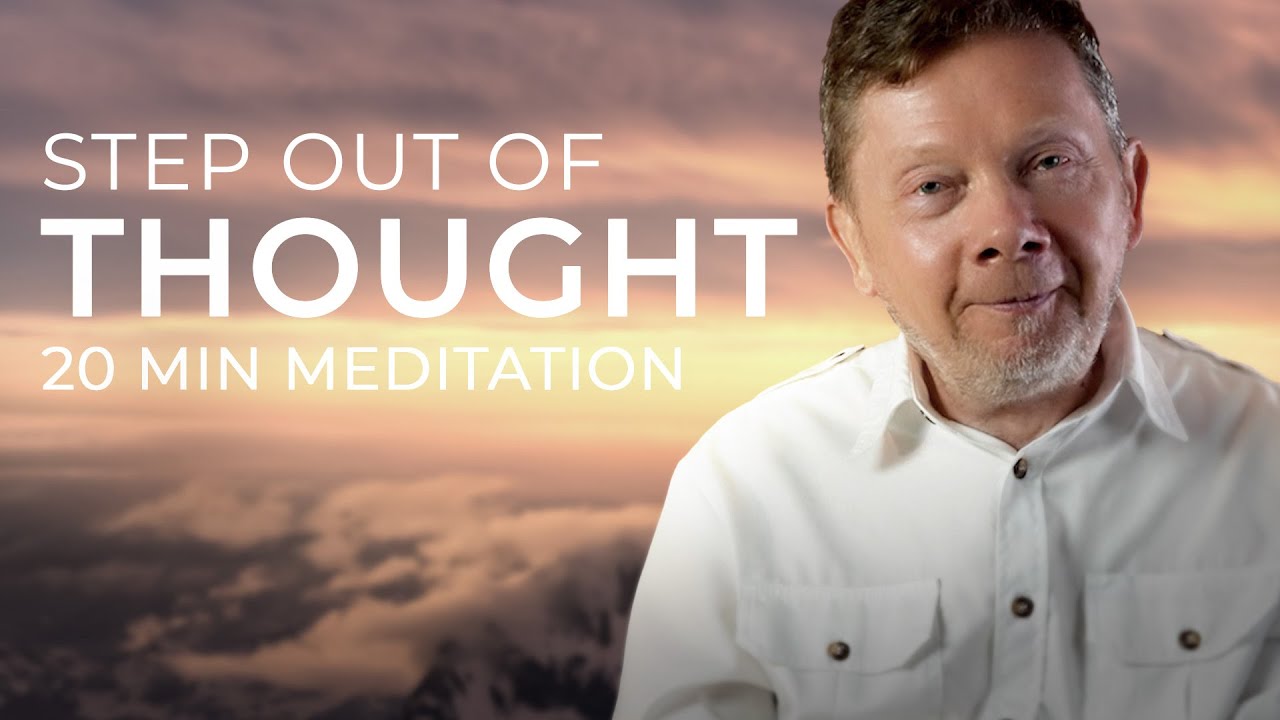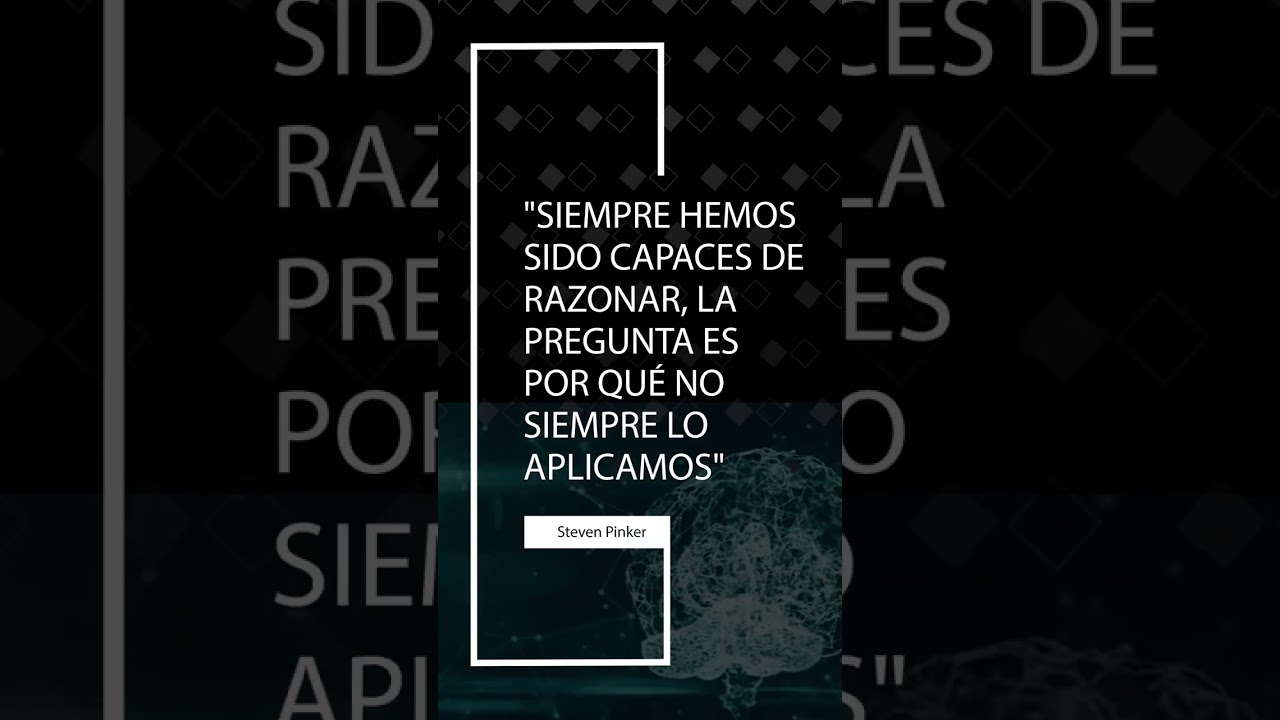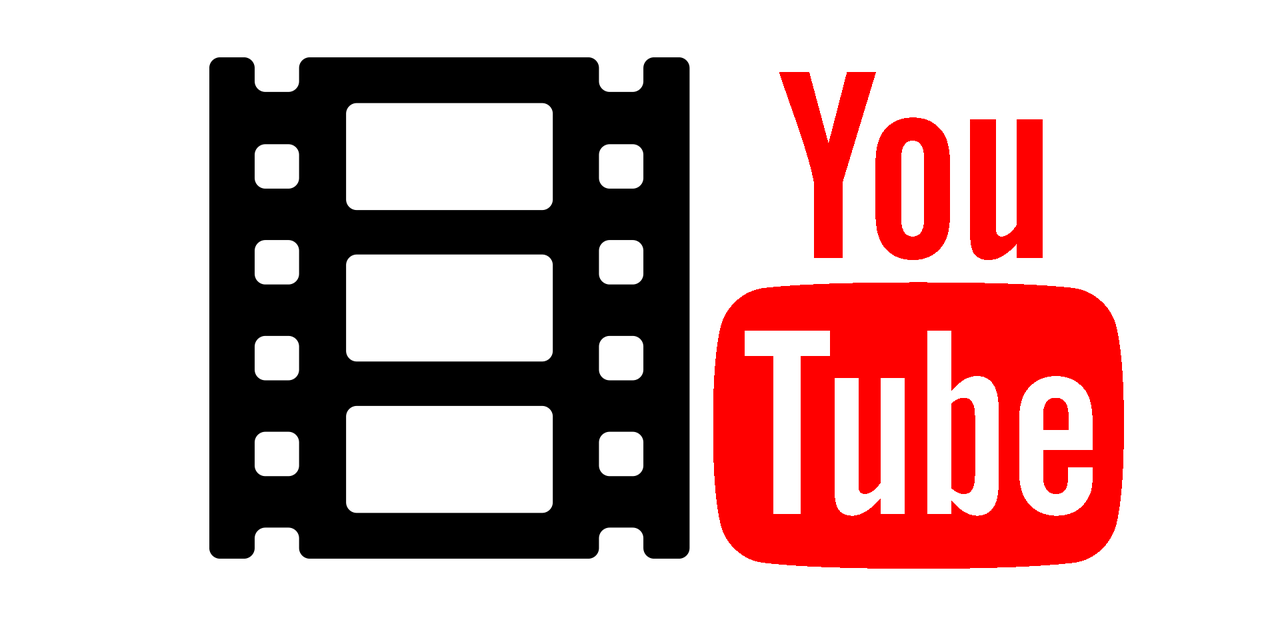Society for Scientific Exploration
Toward a Post-Quantum Theory of Consciousness
Imants Barušs
University of Western Ontario
It has been becoming increasingly recognized that computationalism has run its course as an explanatory scheme in cognitive science. Thus, for example, as Jerry Fodor, one of the philosophers who has been instrumental in its development has said recently in his book The Mind Doesn’t Work That Way: AI would have thought that the last forty or fifty years have demonstrated pretty clearly that there are aspects of higher mental processes into which the current armamentarium of computational models, theories, and experimental techniques offers vanishingly little insight. In particular, computationalism cannot adequately address the hard problem of consciousness, namely the manner in which an experiential stream arises from a biological organism.
One way of getting past this impasse is to reject Santiago Ramón y Cajal’s neuron doctrine as the wrong level at which to look for consciousness. That is to say, consciousness may not be an emergent property of cellular activity, but could somehow be related to more fundamental subatomic events. This has been suggested, for example, by Ian Marshall, who has associated consciousness with Fröhlich’s Bose-Einstein like condensation in the brain. Similarly, Mari Jibu, Yasushi Takahashi, and Kunio Yasue have proposed that memory is encoded as a spinor field constituting a system of corical proteins and water. Such theories suggest the occurrence of some form of organic quantum computing thereby retaining some of the features of computation without the usual reliance on cellular networks.
Another fix has been to suggest, most famously by Eugene Wigner, that consciousness is a non-physical reality that terminates the von Neumann chain in an act of measurement of quantum events. For Henry Stapp, choice enters into the picture, not with the selection of a particular eigenvector but, in keeping with the constraints of contextuality, the selection of those observables which are to be measured. With the postulation of such dynamics, volitional acts can be clearly distinguished from perceptual ones, as noted by Evan Harris Walker, so that discussions of consciousness include the manner in which free will could be directly exercised on physical matter. Of course, the need for state vector collapse has been challenged by decoherence theories.
Perhaps there is something to both of these approaches, namely that volition and consciousness are non-emergent essential ingredients of reality that find expression at the subatomic level. Jean Burns has proposed that volition is exercised within the scope of quantum fluctuations to change the position or momentum of particles. The occurrence of such events in the brain would provide a mechanism for mental influence on one’s actions.
What happens if we second quantize and extend this notion to quantum fields? In particular, consider a Klein-Gordon field on a Friedmann-Robertson-Walker spacetime with mode functions chosen so as to allow the zero vector of the Fock basis to be the vacuum state. Volitional agency within the scope of the field fluctuations would correspond to changes in the activity of creation and annihilation operators affecting the eigenvectors representing reality. Although we have considered only a single scalar field and the experiential intentional stream of consciousness is not thereby theoretically determined, this type of strategy allows for volition to be seen as being exercised at a fundamental level of reality.
Of course, as Michael Lipkind has pointed out, A [field theoretic] approaches can easily degenerate into purely belletristic expressions. Quantum field theory might not be the right way of incorporating psychological variables into a physical theory but it could point toward a post- quantum theory of consciousness.
Imants Barušs obtained an interdisciplinary BSc, a MSc in mathematics, and PhD in psychology with specialization in consciousness. He has been teaching for 21 years in the Department of Psychology at King’s University College at The University of Western Ontario where he has risen to the rank of professor. His research is concerned with fundamental issues regarding the nature of consciousness and its relationship to the physical world.
Recorded at the 27th annual SSE Conference in 2008 in Boulder, Colorado, USA.
Special thanks to our Patreon Explorers for providing the support we need to keep our video content freely available online: Dr. CMC Toporow, Kathleen Erickson, Mark Crewson, Mark Urban-Lurain, and Roger Nelson.
Want to help us improve the quality of our videos? Become a patron yourself: https://www.patreon.com/user?u=23234339
The SSE provides a forum for original research into cutting edge and unconventional areas. Views and opinions belong only to the speakers, and are not necessarily endorsed by the SSE.
Source




Good